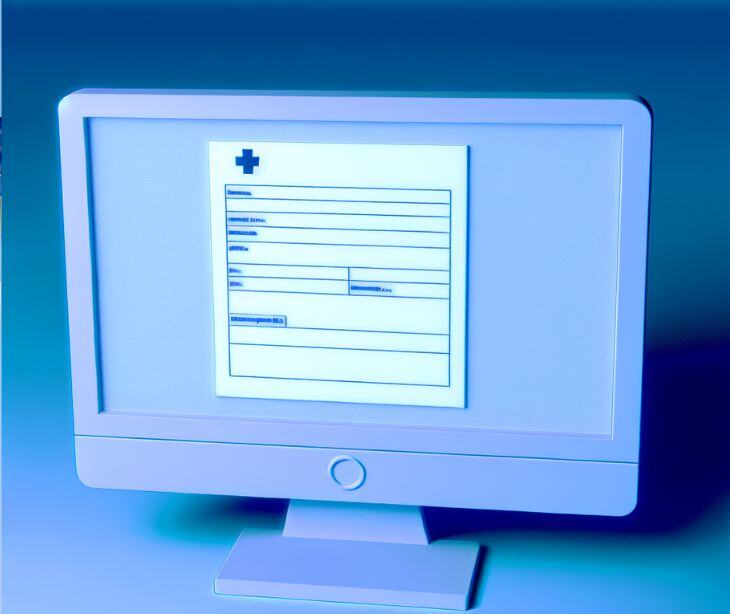2 min read
Why HIPAA compliant forms are mandatory for surgery admittance
Caitlin Anthoney September 06, 2024

When admitting a patient for surgery, healthcare providers handle protected health information (PHI), including medical history, medications, allergies, and patient consent. To protect this data, these providers must adhere to HIPAA regulations.
More specifically, they must use HIPAA compliant forms to collect and store PHI. These platforms use advanced encryption, access controls, and authentication measures to protect patients’ PHI from potential data breaches.
Benefits of using HIPAA compliant forms to admit patients
Reduces legal risk
HIPAA compliant forms, like Paubox, adhere to regulatory standards set by the Health Insurance Portability and Accountability Act. So, provider organizations can maintain patient data security and uphold legal requirements regarding PHI.
These forms help providers, like surgeons, mitigate the risk of fines and penalties associated with data breaches. Additionally, surgical centers can audit the access logs to check that only authorized staff are viewing PHI, further reducing the risk of legal issues.
Data collection and consent
Providers can use HIPAA compliant forms to get patient consent for surgical procedures. Thereafter, they can securely collect and store patient information, like medical history, insurance details, and contact information.
These forms can also securely be shared with anesthesiologists and recovery staff, so all team members can access the necessary information.
Sharing PHI for quality improvement
The CDC’s National Healthcare Safety Network explains that PHI can be used or disclosed without patient authorization for "conducting quality assessment and improvement activities" and "protocol development.” However, only the minimum necessary information should be disclosed to protect the patient’s privacy.
So, if a hospital quality control team notices an abnormally high infection rate, they can use HIPAA compliant forms to share surgery information, medications, and potential contributing factors with other healthcare providers for analysis and improvement.
Furthermore, providers can use the data collected to streamline healthcare KPI management. Analyzing this data will give providers valuable insights into their KPIs, like patient satisfaction scores and operational efficiency metrics, driving continuous improvement and better patient care.
Improves patient trust
The CDC affirms that healthcare providers “are increasingly active in addressing concerns about patient safety.” HIPAA compliant forms use encryption protocols to safeguard PHI throughout transmission and at rest. So, when a patient submits their information, the data remains unreadable and secure even if intercepted.
Ultimately, HIPAA compliance can help improve patient trust, especially during invasive procedures like surgery.
Read also: Using emails and texts for follow-ups during post-discharge care
FAQs
Who must comply with HIPAA?
HIPAA applies to healthcare providers, health plans, healthcare clearinghouses, and business associates that handle protected health information (PHI).
What is protected health information (PHI)?
PHI includes any information related to a person's health status, healthcare, or payment for healthcare that can be linked to an individual, such as names, addresses, birthdates, and medical records.
Do all patient forms need to be HIPAA compliant?
Yes, any form that collects, stores, or transmits PHI must be HIPAA compliant to protect patient privacy and security.
Subscribe to Paubox Weekly
Every Friday we'll bring you the most important news from Paubox. Our aim is to make you smarter, faster.



